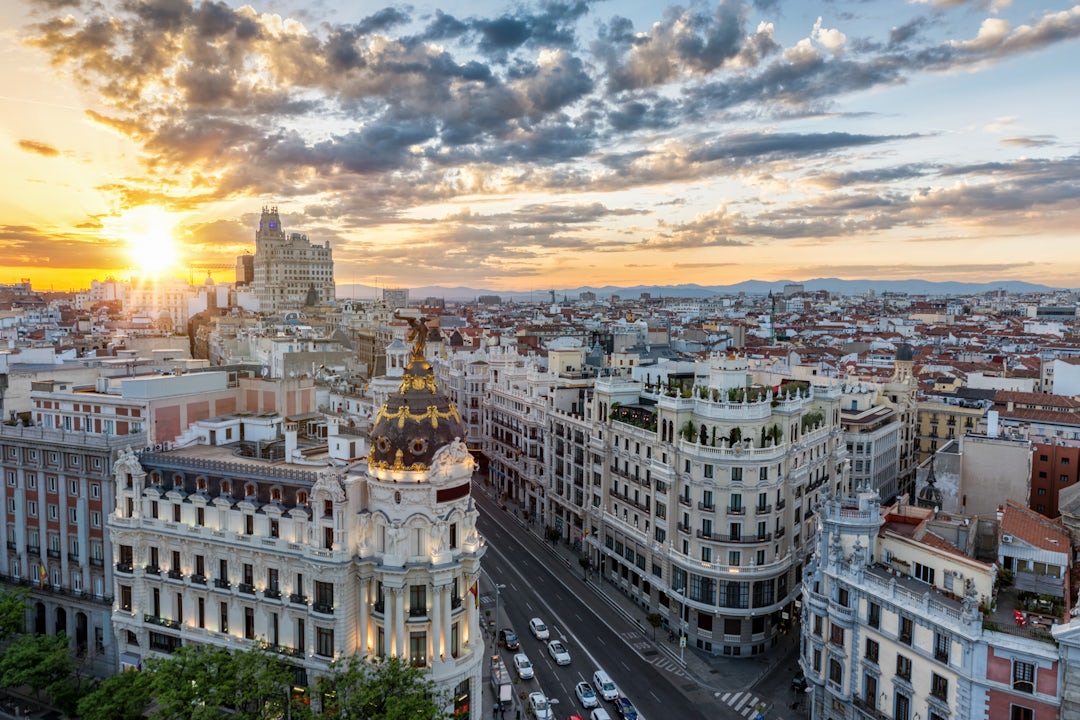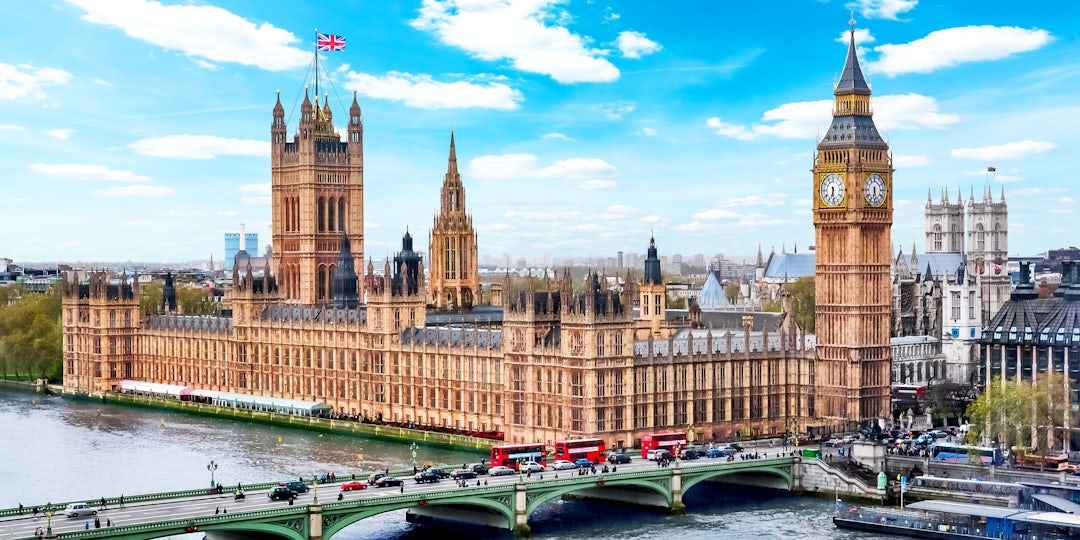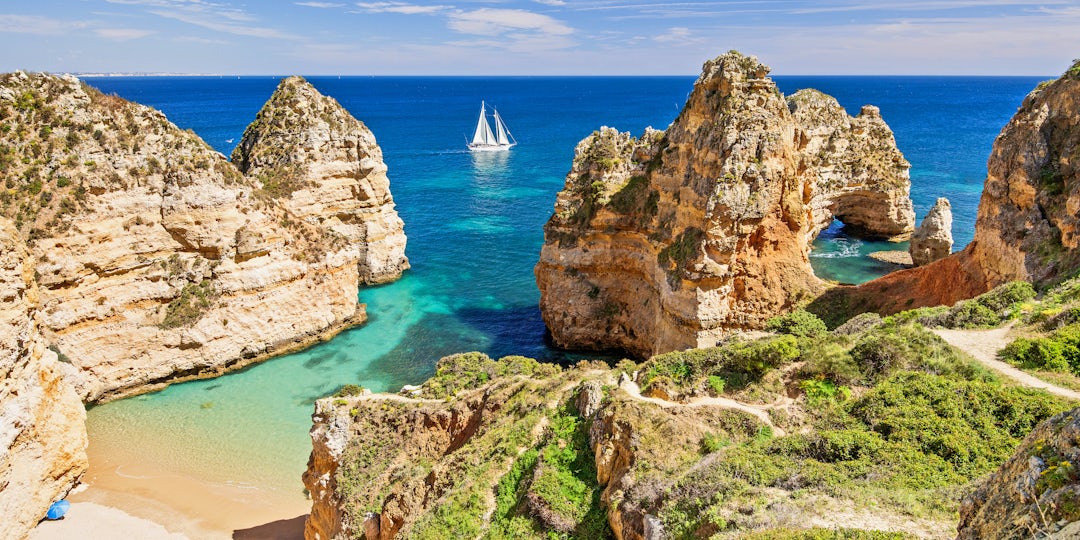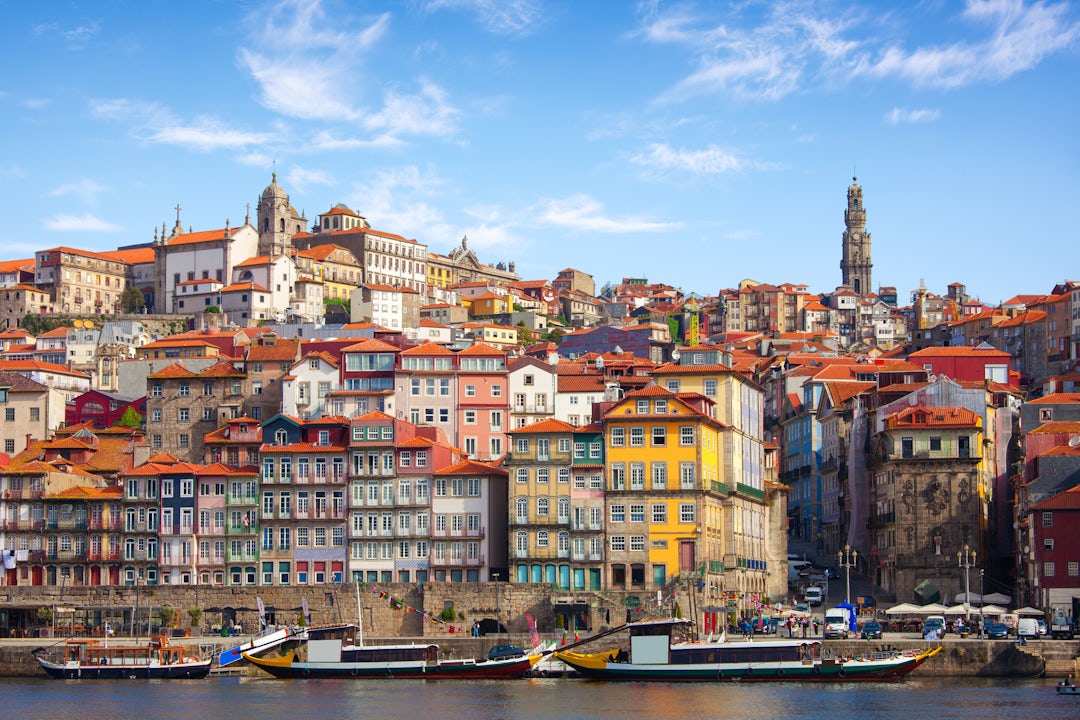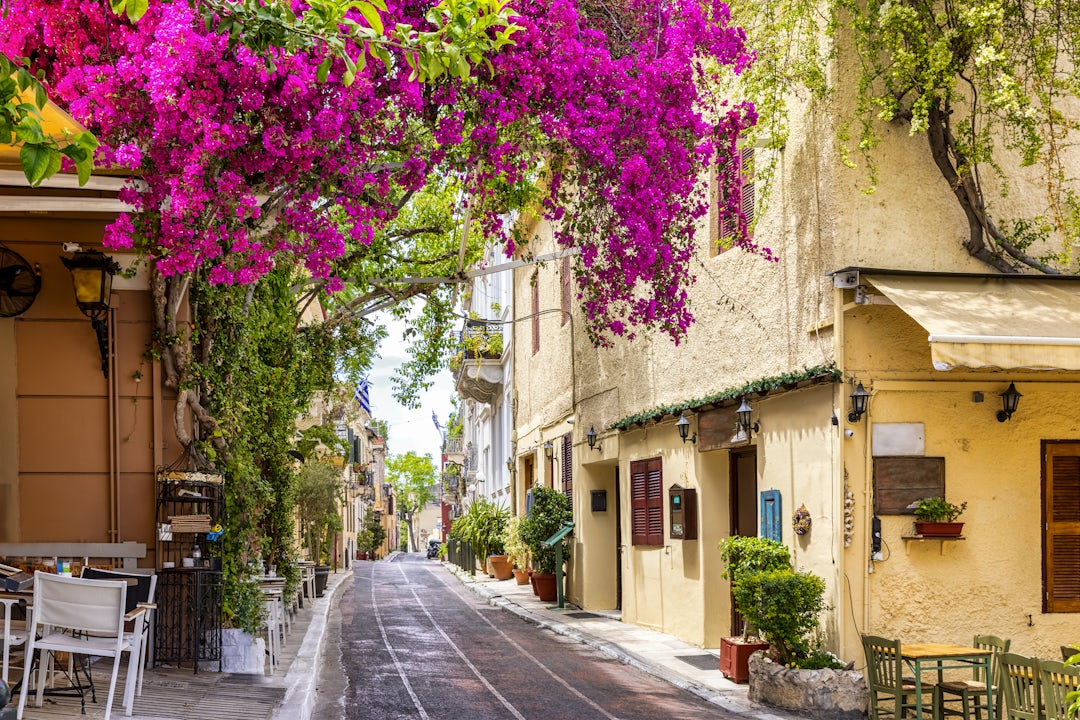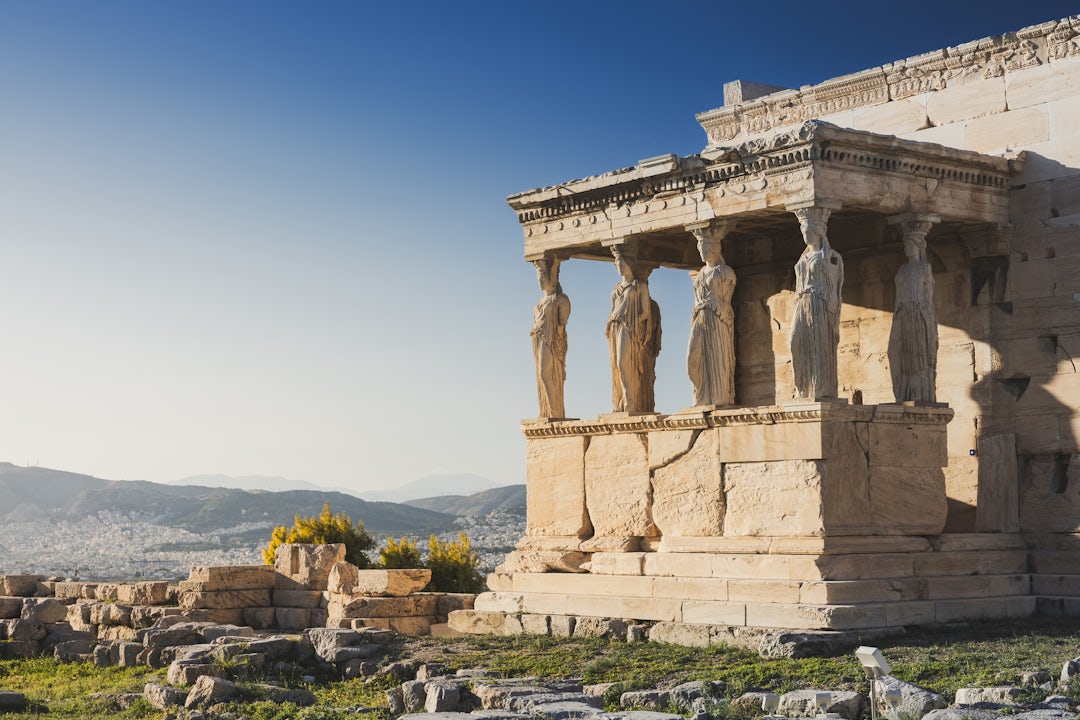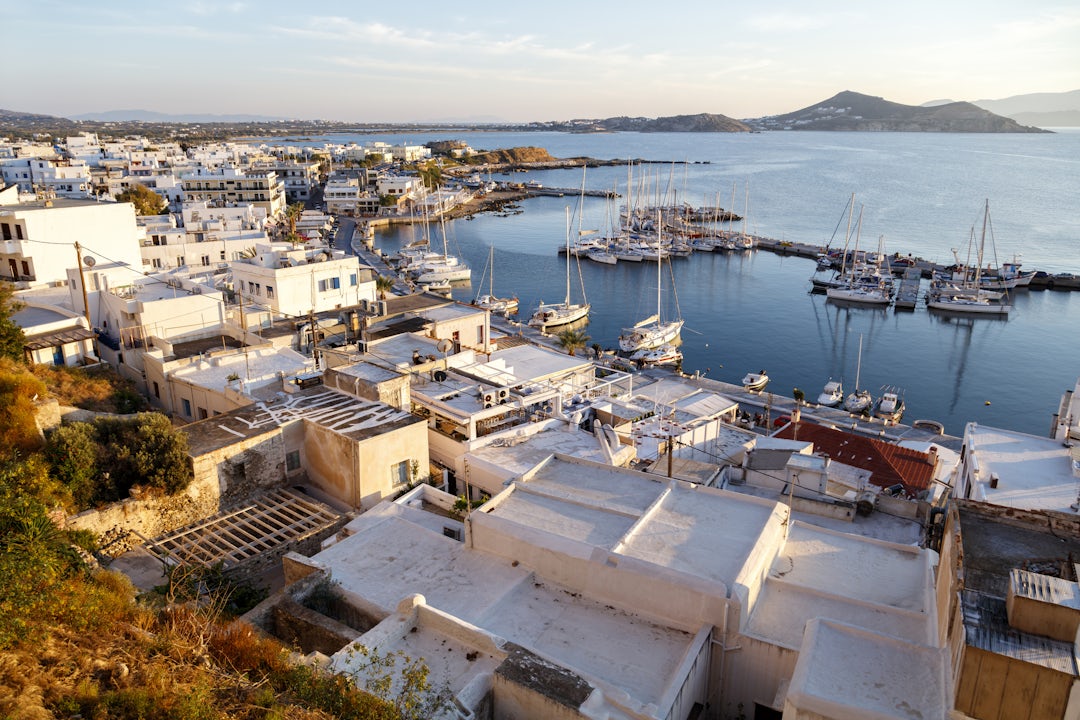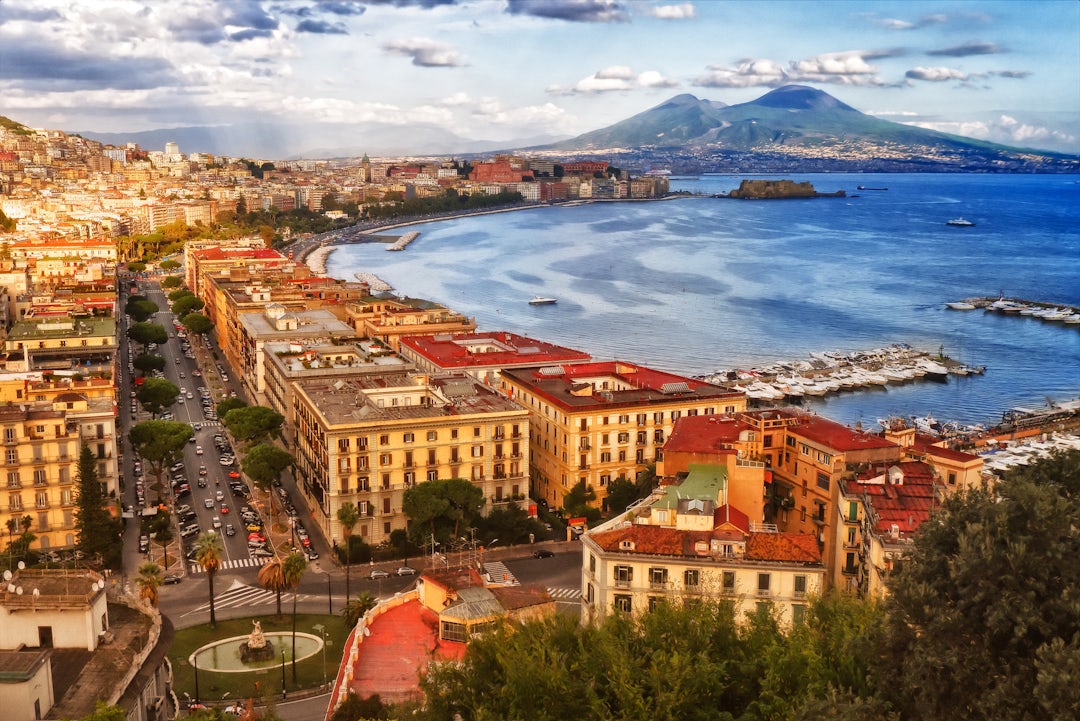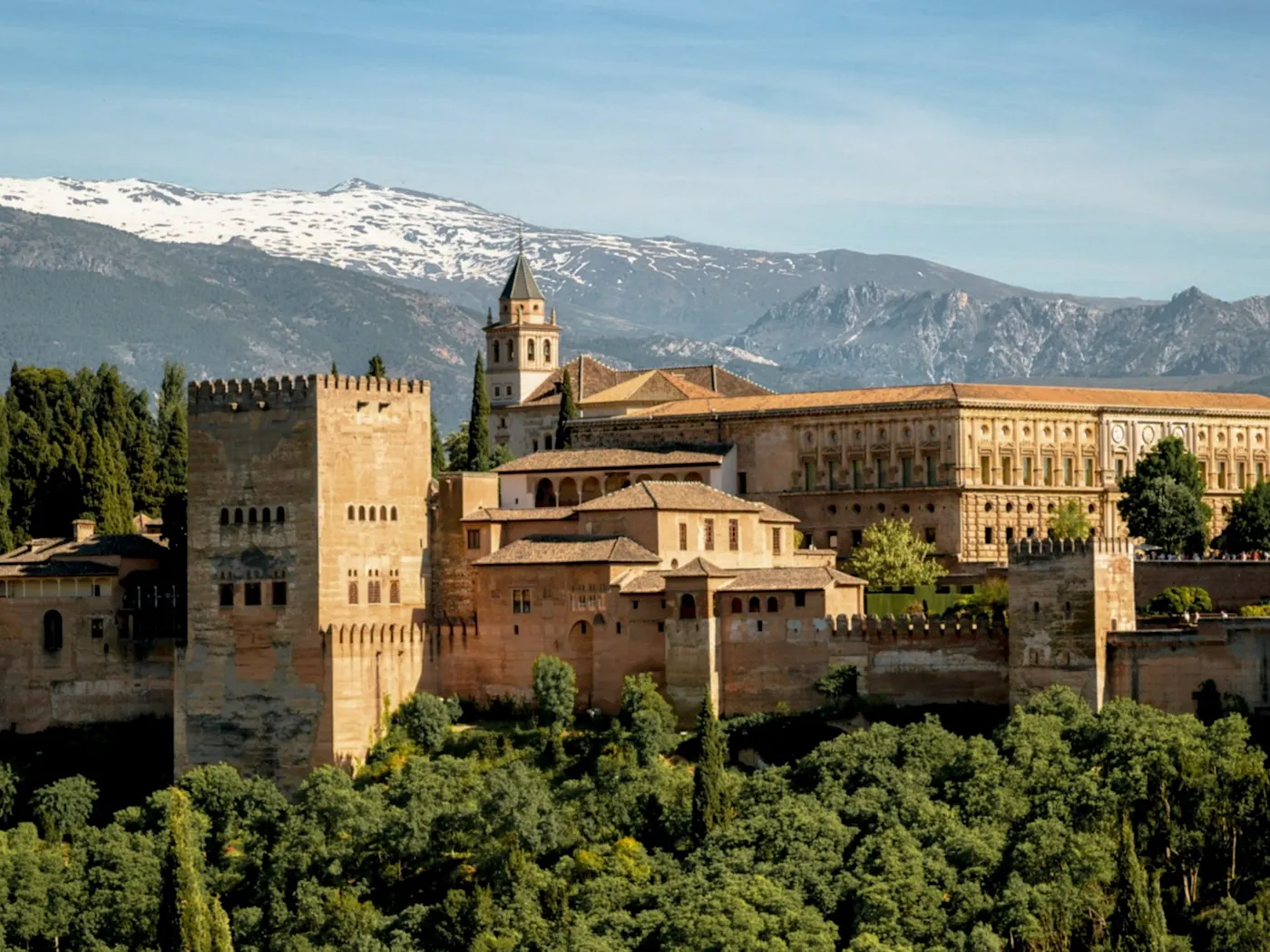


Things to see and do in Spain
Sagrada Familia - Plaza de España - Alhambra - Park Güell - Teide Volcano - Prado Museum
Plan your Trip
Your tailor-made itinerary – No cost, no commitment
Excellent
4.4 of 5
4,953Reviews
Excellent
What makes Spain so special?
From the ancient monuments of the Romans and Moors, the medieval castles, the white villages of Andalusia to the vibrant cities of Barcelona and Madrid, Spain offers great cultural diversity. The landscape is just as diverse: the evergreen estuaries of Galicia, the deserts of Almería or the rugged mountains of the Sierra Nevada - not to mention the countless glittering beaches that adorn the Spanish coast.

Deborah Clauss
Travel Expert for Spain
Updated on 01/09/2026
Plan for free
Custom holiday packages and trips that fit your budget
Personalized for you
Itineraries built exactly to your needs
Private VIP guides
A personal English-speaking, native-European travel expert for every step
Peace-of-mind support
Full service assistance before, during, and after your trip
What are the must-see highlights in Spain?
Spain remains one of Europe's most sought-after destinations and offers a dazzling array of tours, sights and experiences not to be missed. Think idyllic Mediterranean beaches, Moorish palaces, fascinating medieval cities, lush national parks and world-class museums where you can marvel at masterpieces by Picasso and Salvador Dalí.
The choice of things to see and do in Spain is so vast that you'll have no trouble filling your itinerary. And although it can take years to really explore every corner of this amazing country, there are a few attractions that are particularly worth seeing.
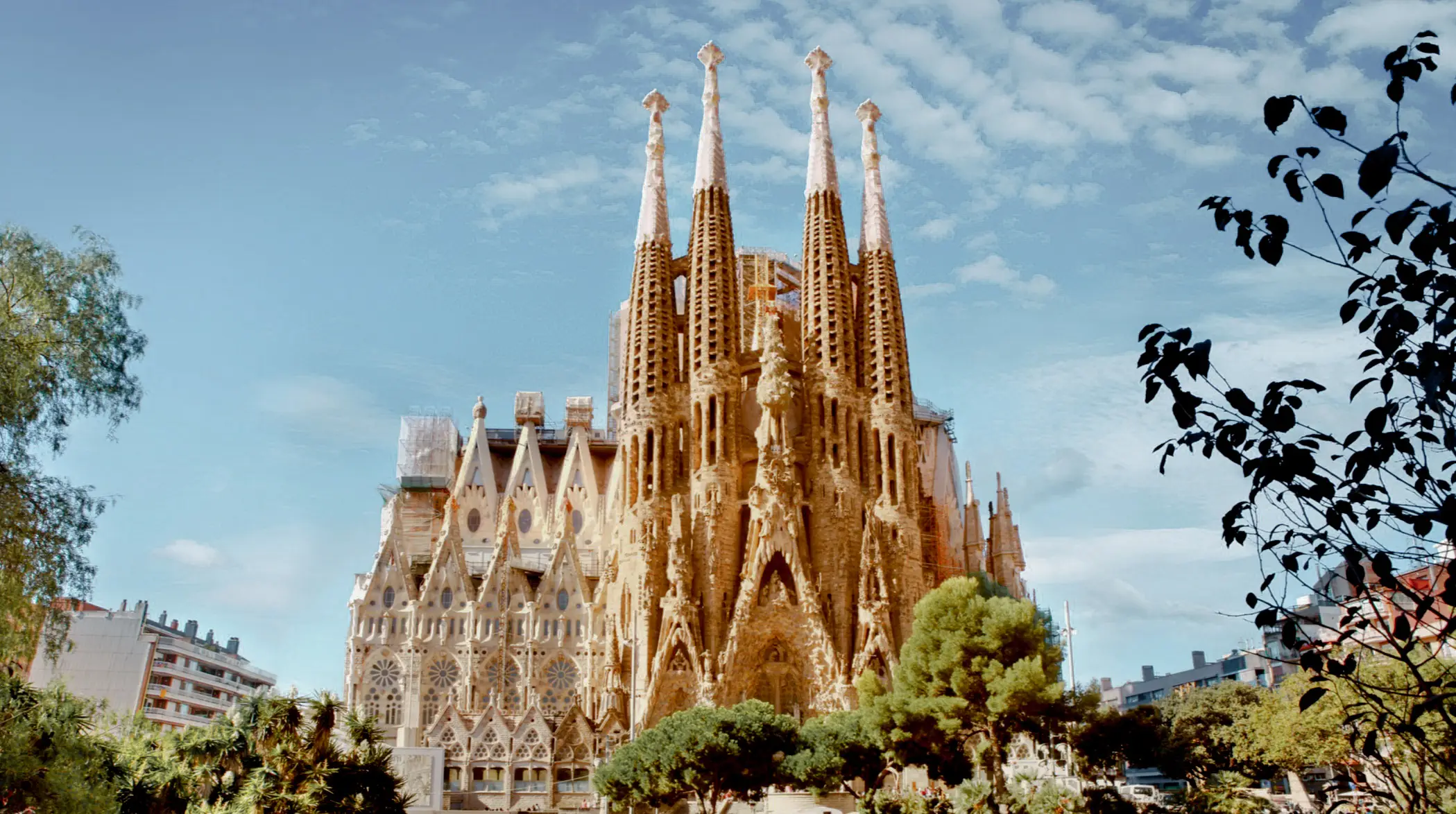
The Sagrada Familia is often described as one of the world's most beautiful buildings and is a must-see for any visitor to Barcelona. This magnificent cathedral was designed by the famous Catalan architect Antoni Gaudí and features three exterior facades depicting parts of the life of Christ.
The design consists of eighteen towers representing the twelve apostles, the Virgin Mary, the four evangelists and the highest of them all, Jesus Christ. Inside, the columns represent branching trees that make the church with its stained glass windows look like an enchanted forest. Due to its sheer beauty and cultural significance, La Sagrada Familia was added to the UNESCO World Heritage List in 2005.

The Royal Palace in Madrid is the official residence of the Spanish royal family, which is now only used for state ceremonies. The Royal Palace was built on the site of the old Alcázar, the Moorish castle, which was destroyed by fire in 1734, and takes visitors on a journey through Spain's history.
As you meander through the 3,000 rooms of the square-shaped building, you will come across a magnificent staircase designed by Sabatini, a throne room with a ceiling painted by Tiepolo and the royal armory. Also worth seeing is the picture gallery, where works by Caravaggio, Velázquez and Goya are exhibited.
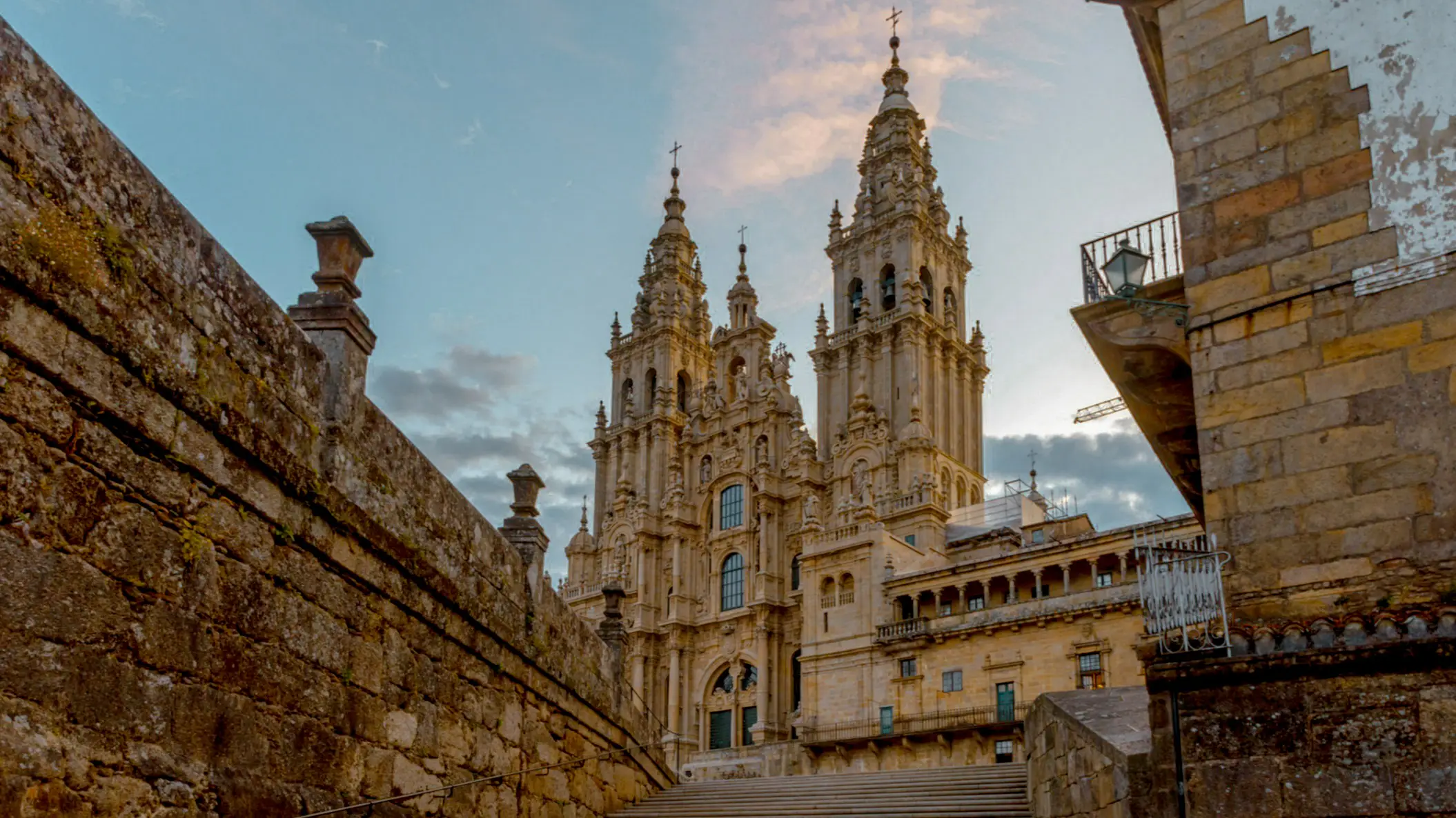
The city of Santiago de Compostela would be unthinkable without its time-honored place of worship - the Archcathedral, built in 1075, is one of the most important religious buildings in Spain. The basilica is not only the alleged burial place of St. James, the apostle of Jesus Christ, but also a historic pilgrimage site that marks the end of the Way of St. James.
The entire city of Santiago de Compostela is also worth discovering. The capital of the autonomous community of Galicia in north-western Spain is a picturesque jumble of medieval houses. Be sure to visit the old town, which is a UNESCO World Heritage Site and is home to a collection of Romanesque, Gothic and Baroque buildings.

The Ciudad de las Artes y las Ciencias is considered one of the "12 treasures of Spain" and is a major attraction in Valencia. This cultural and futuristic architectural complex took almost a decade to complete and was designed to bring more tourism to the city: Today, the building is considered a true landmark of Valencia.
The so-called City of Arts and Sciences is home to an interactive science museum, an IMAX cinema, a planetarium and laserium, an opera house, a performing arts center, the largest aquarium in Europe and other futuristic facilities. Throughout the year, the complex hosts various local festivals and events that you can attend.

Culture lovers will never be bored in Spain, as the country is full of fabulous museums covering a wide range of topics. If you want to take a look at valuable contemporary works of art, don't miss the opportunity to visit the Guggenheim Museum Bilbao in the Basque Country.
Designed by Canadian-American architect Frank Gehry, the museum is a masterpiece of contemporary architecture. Inside you will find an impressive collection of 600 masterpieces by artists Mark Rothko, Jeff Koons and Richard Serra, which were donated to the museum between 1937 and 1949 by the businessman and collector Solomon Guggenheim.

The Plaza de España is a spectacle of light and grandeur — framed by the María Luisa Park and spanning more than 12 acres (50,000 m²), it is undoubtedly one of the most impressive squares in Spain.
Designed by the famous Sevillian architect Aníbal González as a symbolic centerpiece for the Ibero-American Exhibition in 1929, the square resembles a palace and blends Baroque, Renaissance, and Moorish styles of Spanish architecture. A canal nearly 1,700 feet (515 m) long runs along its edge, and you can even explore it by boat — a truly romantic experience.

If you are impressed by the beauty of the Plaza de España, you will love the Plaza Mayor in Salamanca. Located in the heart of the city and built between 1729 and 1755, the square is considered one of the most beautiful in Europe thanks to its splendor and elaborate design.
Designed by Alberto Churriguera, it is a remarkably harmonious baroque spectacle - particularly impressive at night when its lighting creates a magical effect. The medallions (ornaments) surrounding the square depict busts of famous personalities. The entire old town of Salamanca has been declared a World Heritage Site by Unesco and is well worth exploring during a trip to Spain.
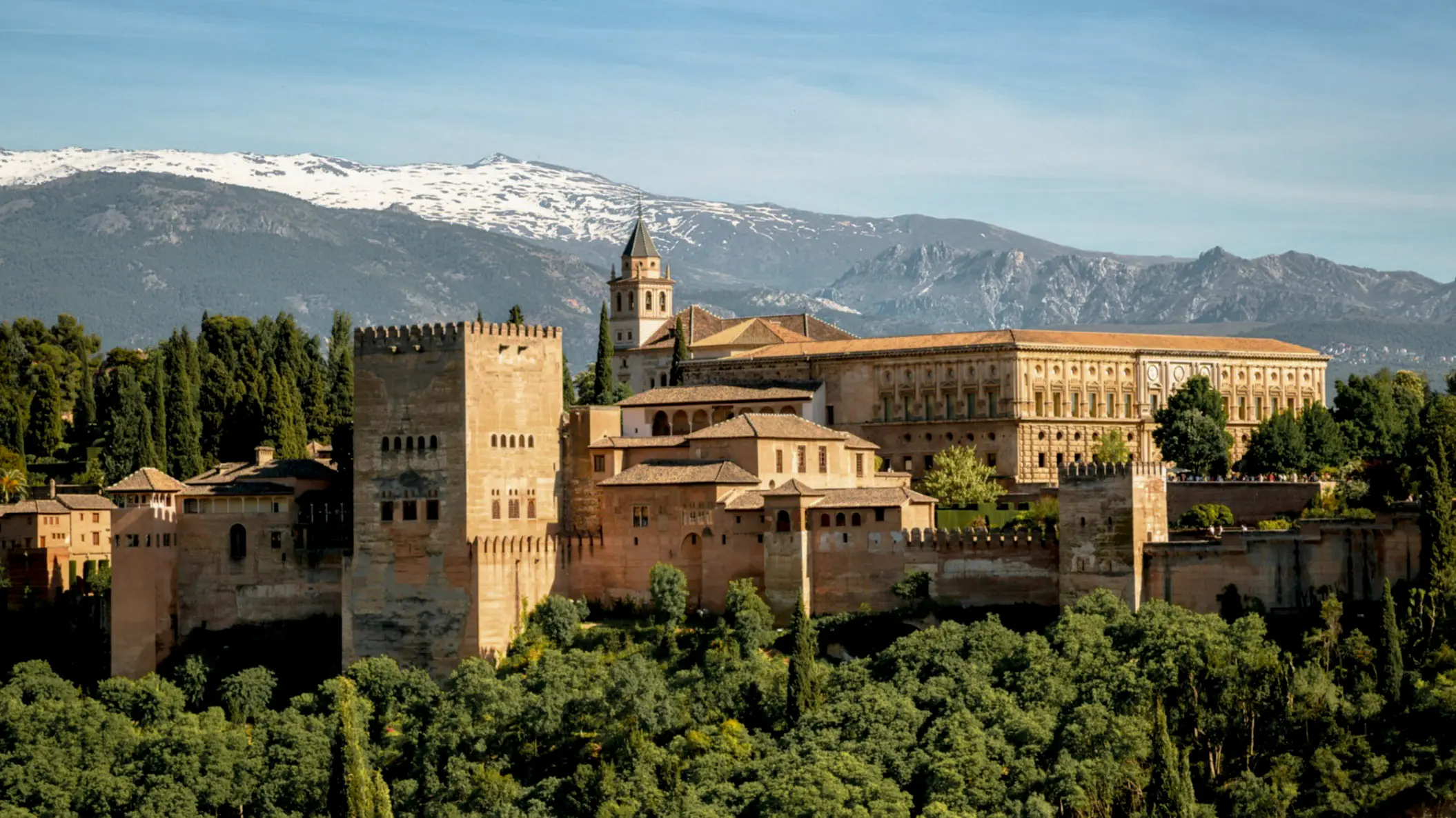
La Alhambra is the crown jewel of southern Spain. The majestic royal palace is located in Granada, in the charming region of Andalusia, and is the perfect destination for travelers who want to learn more about Spain's rich history.
Located on Sabika Hill, the Alhambra Palace offers breathtaking views of the entire city of Granada. The complex itself is complemented by numerous gardens, including the very famous Generalife Gardens, which are laid out in typical Persian style. The magnificent Moorish fortress is one of Spain's most visited sights for good reason. Its beautiful mosaics, marble fountains and ornate details are among the best-preserved examples of Islamic architecture in the world.
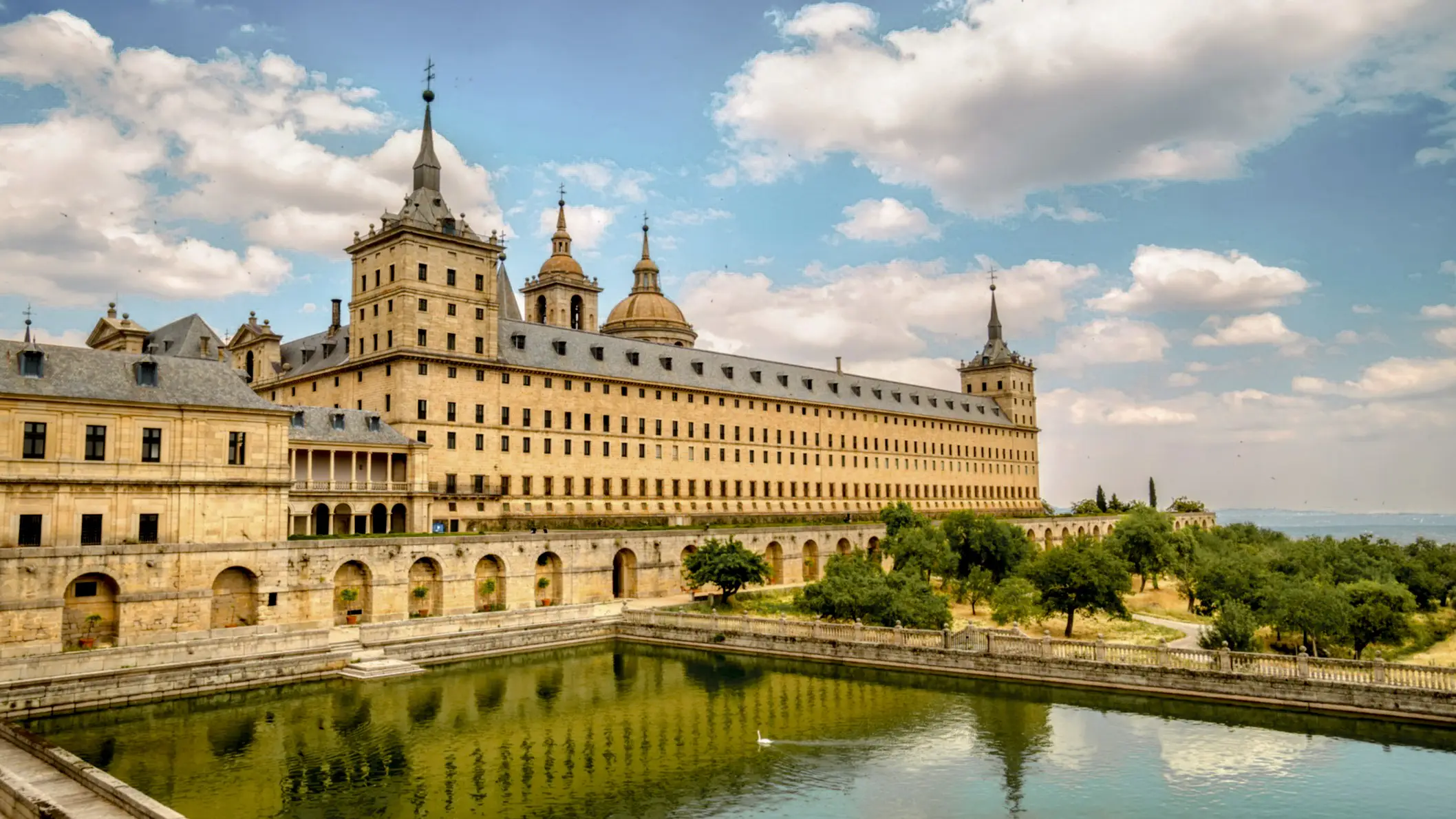
Nestled in the foothills of the Sierra de Guadarrama, El Escorial is a large complex of buildings in San Lorenzo de El Escorial near Madrid. This important Spanish Renaissance building was designed by King Philip II as a burial place for his father, the Holy Roman Emperor Charles V.
El Escorial was built between 1563 and 1584 and comprises a church, a monastery, a royal palace and a library, which were designed by many renowned Spanish and Italian artists. On a tour, you can admire numerous art treasures as well as well-tended gardens, including frescoes by Pellegrino Tibaldi and Federico Zuccaro and six statues of Old Testament kings on the basilica façade.

With a glittering coastline that stretches for 160 km along the south of Spain, the Costa del Sol boasts some of the most beautiful beaches in the country. This coastal paradise is located in the autonomous community of Andalusia and is prized for its relaxed, Mediterranean atmosphere.
Be sure to explore the region's gorgeous beaches, including the Blue Flag-winning Playa Malapesquera and Playa de Burriana, which is framed by a variety of enticing beach bars and restaurants. The area also boasts beautiful landscapes, delicious food, interesting customs and traditions, a rich cultural heritage and charming white villages in the hinterland.

Adventurous travelers to northern Spain should put a visit to the Picos de Europa on their to-do list. The national park, which stretches across the provinces of Asturias, Cantabria and Castile-León, offers a spectacular and dramatic landscape.
The Picos de Europa are characterized by high mountain massifs, deep gorges, lush mountain meadows and huge crystal-clear lakes - a photographer's and nature lover's dream. Visitors can explore the park on more than 30 routes and admire nature from one of the park's viewpoints. The drive itself is a real pleasure, especially when it's warm outside and you can still see snow on the peaks.
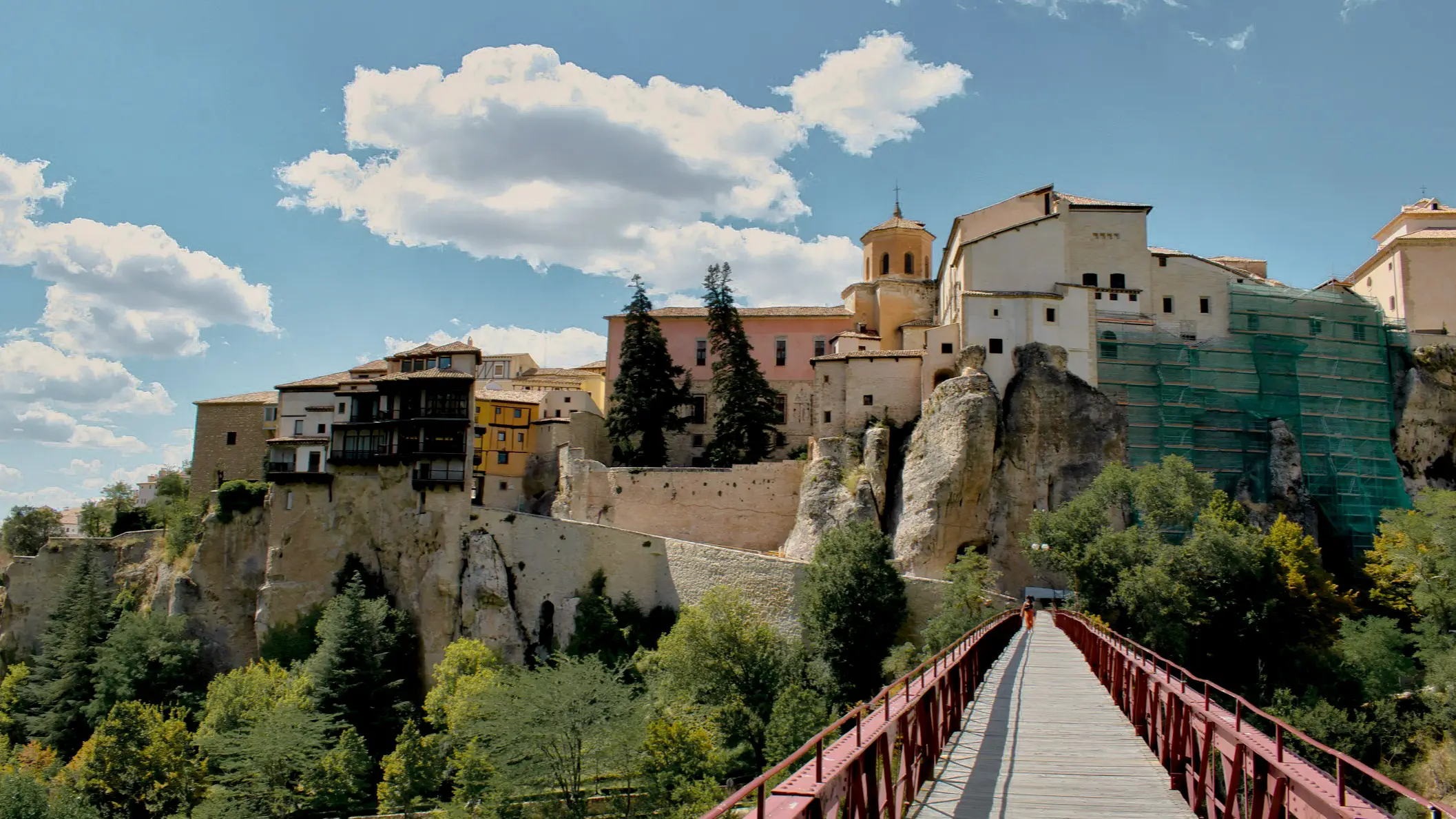
Located in the autonomous community of Castilla-La Mancha, Cuenca is a stunning city in the beautiful mountains of east-central Spain. Founded by the Moors in 714, the city has retained its charming historic city walls with steep cobbled streets and medieval castle ruins, making it the perfect destination for history buffs.
Cuenca is an excellent example of a medieval city with many impressive old monuments. These include the famous Cathedral of Santa María y San Julián, which was built over the old Muslim mosque from 1182, the Baroque-style town hall from 1733 and the Museum of Spanish Abstract Art in the Hanging Houses of Cuenca.

Welcome to the Catedral de Santa María de la Sede, the largest Gothic cathedral in the world and one of Spain's most visited tourist attractions. Better known as Seville Cathedral, the church was built over a century, from 1401 to 1506, and is famous for the tomb of Christopher Columbus, where the mortal remains of the great explorer are kept.
Recognized by UNESCO as a World Heritage Site, the cathedral has some impressive details such as a beautiful courtyard (Patio de Los Naranjos), which dates back to Moorish times, and the Giralda Tower, which was the tallest building in the city for over 800 years.
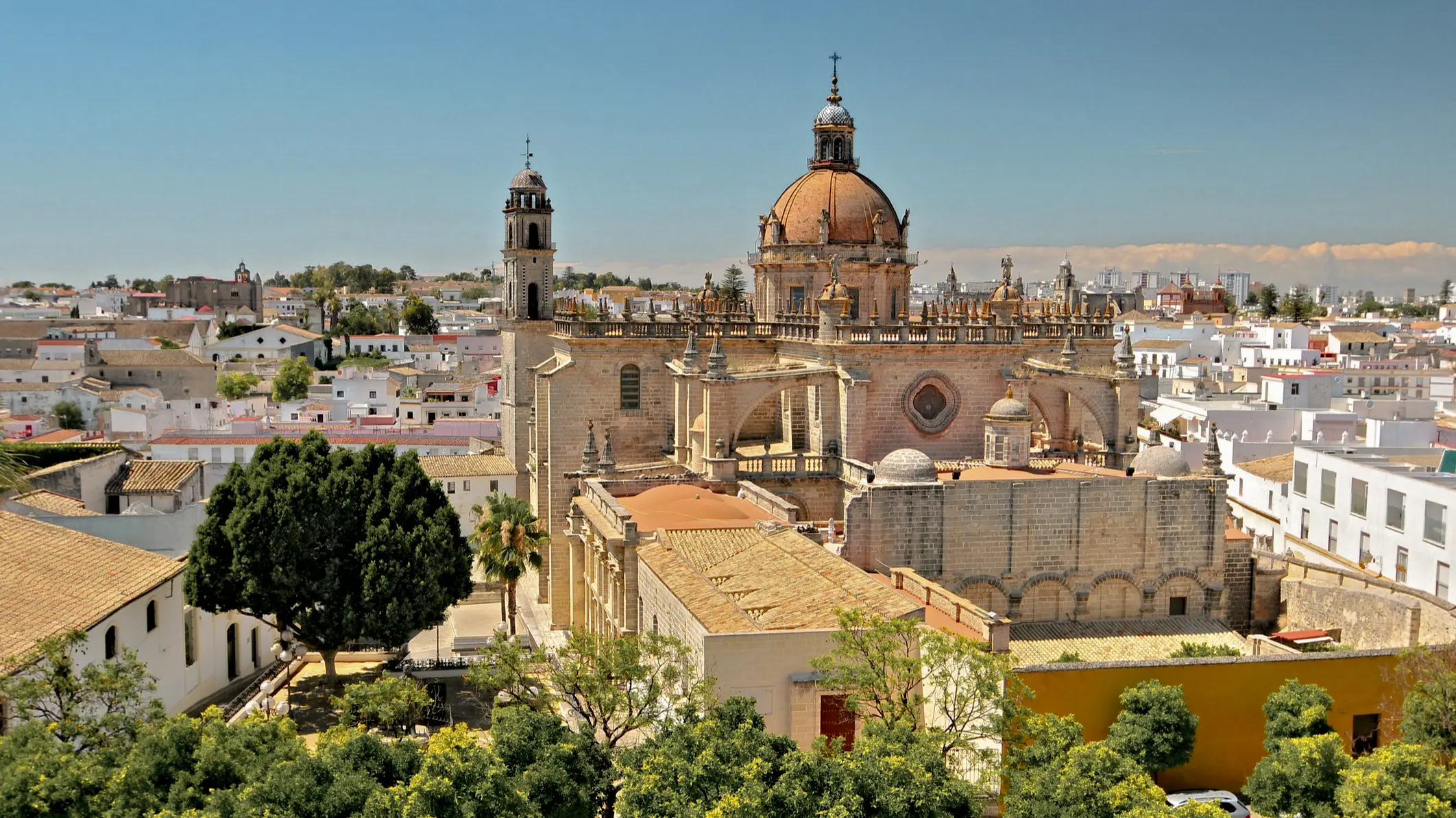
Just 55 miles (90 km) south of Seville lies the charismatic city of Jerez de la Frontera — Jerez for short. This hidden gem in Andalusia is perfect for travelers eager to discover Spain’s lesser-known treasures.
Wander through its charming old town and explore landmarks like the Baroque palace, San Salvador Cathedral, and the Moorish Alcázar. Jerez blends the grandeur of aristocratic palaces with the warmth of traditional Andalusian houses. The city is also famous for flamenco and sherry — best experienced in its authentic tabancos, rustic bars where locals gather to enjoy music, atmosphere, and a glass of the region’s signature drink.
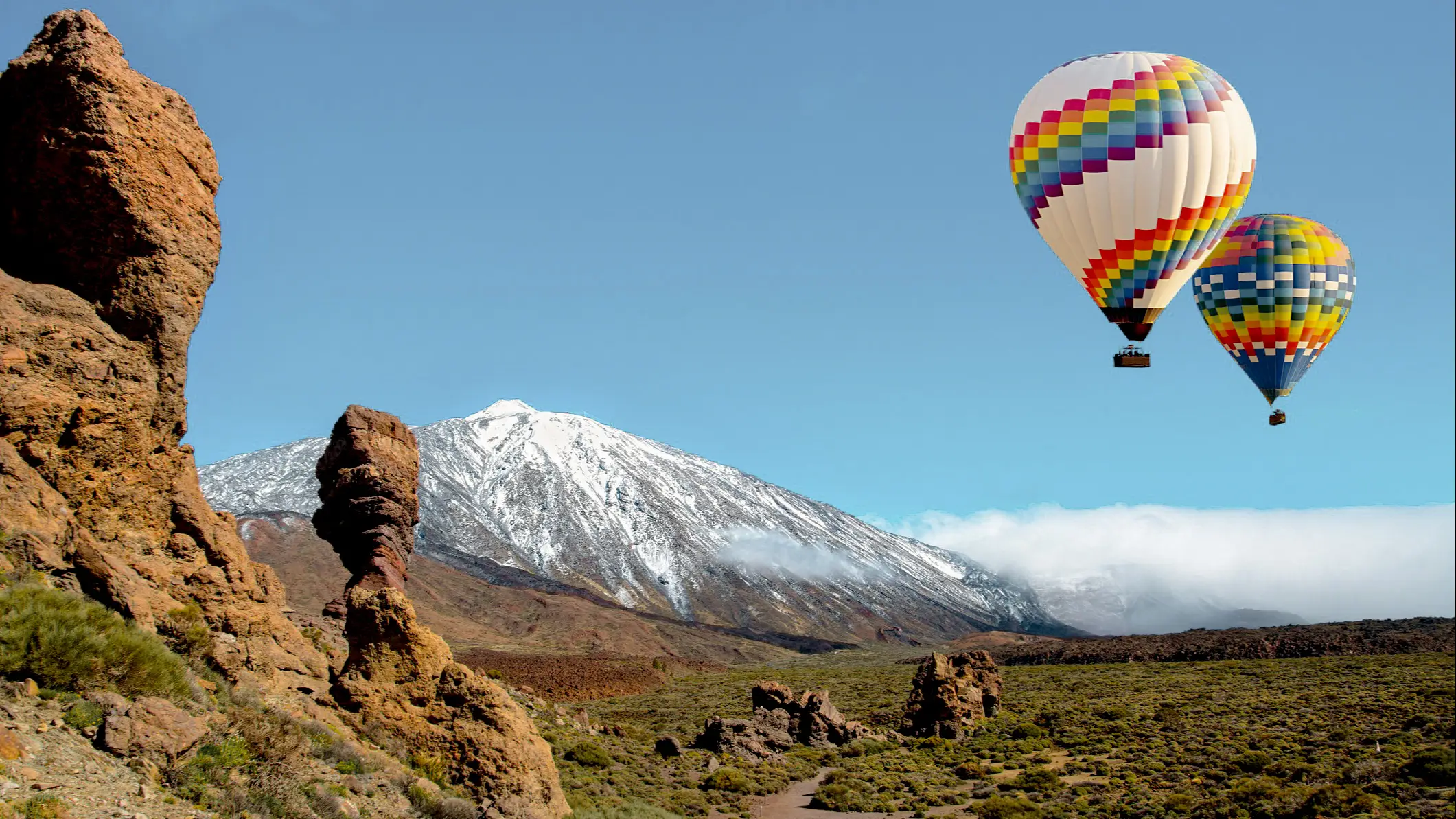
The Teide National Park on the Canary Island of Tenerife is a true paradise for active and nature-loving adventurers. The park is home to the mighty stratovolcano Teide Pico Viejo, the third highest island volcano in the world.
Whether you want to go for a short walk, a hike or a strenuous climb, Teide National Park has routes and trails to suit all abilities and even a cable car to take you up the mountain. The landscape varies depending on the altitude, as it gradually becomes drier, less green and more volcanic the higher you go. Once at the top, you can enjoy a spectacular view of the park and watch the stars at night.
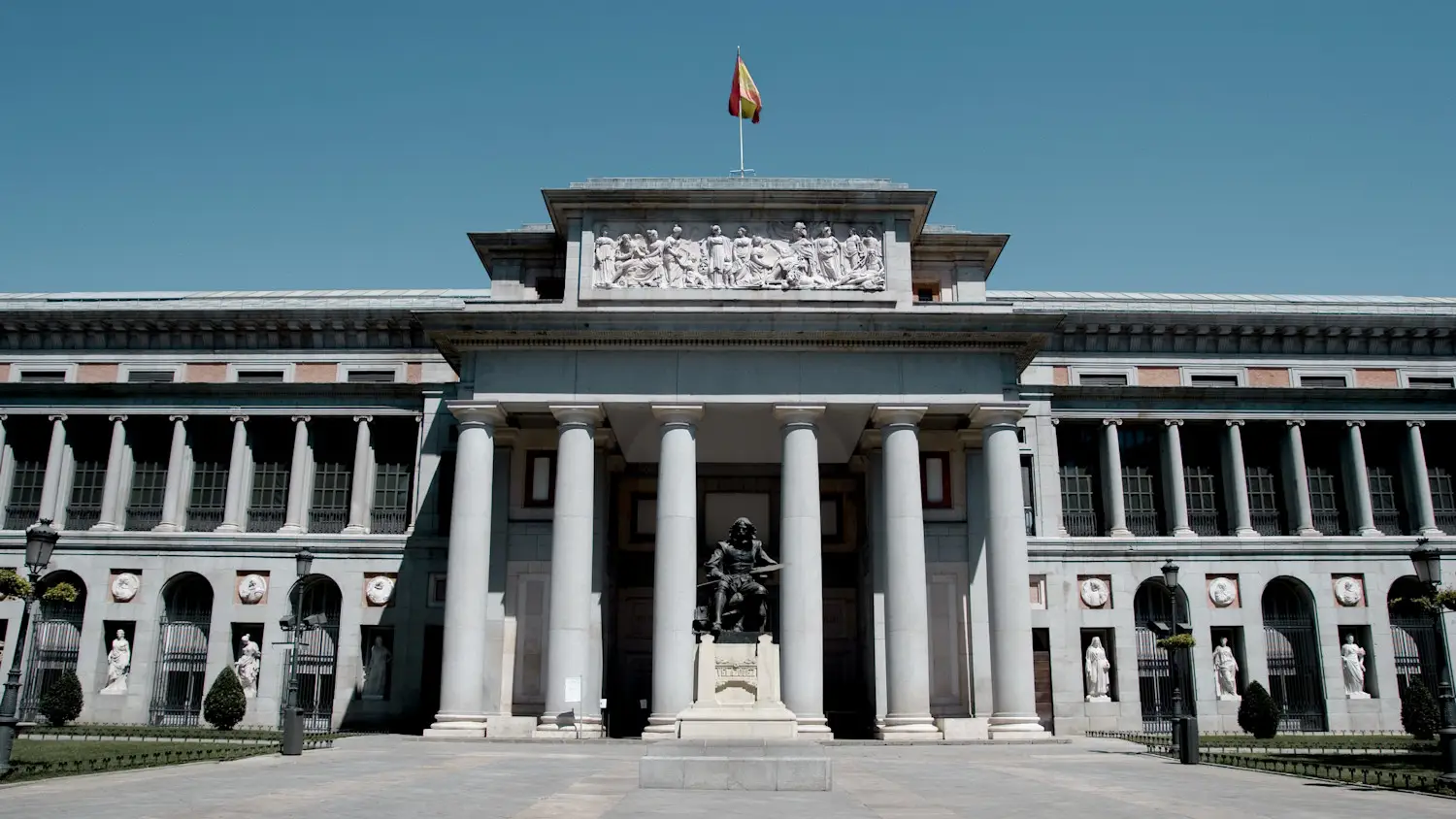
The almost 200-year-old Prado Museum, officially called the Museo Nacional del Prado, has survived three wars and is not only the most important art museum in Spain, but also one of the most important in the world.
The museum is located in a magnificent building designed by architect Juan de Villanueva in 1785 and houses a valuable collection. For true art lovers, this huge museum is a real paradise: It is almost impossible to see all the works in just one visit, as more than 8000 paintings and more than 700 sculptures by world-famous artists such as Velázquez, El Greco, Goya, El Bosco and Picasso can be admired here.

Once a temple to the Roman god Janus, the site was converted into a mosque and completely rebuilt by the descendants of the Umayyads - the first Islamic dynasty, who ruled from 661 to 750 from their capital Damascus (in present-day Syria).
The Mosque of Cordoba, which was then converted into a Christian cathedral in the 13th century, boasts ornate decorations, countless columns that look like rows of palm trees, a Renaissance-style bell tower, white marble details, Byzantine-style mosaics and other eye-catching features. The cathedral mosque is an impressive monument to both religions and cultures that have shaped Andalusia: Islam and Christianity.
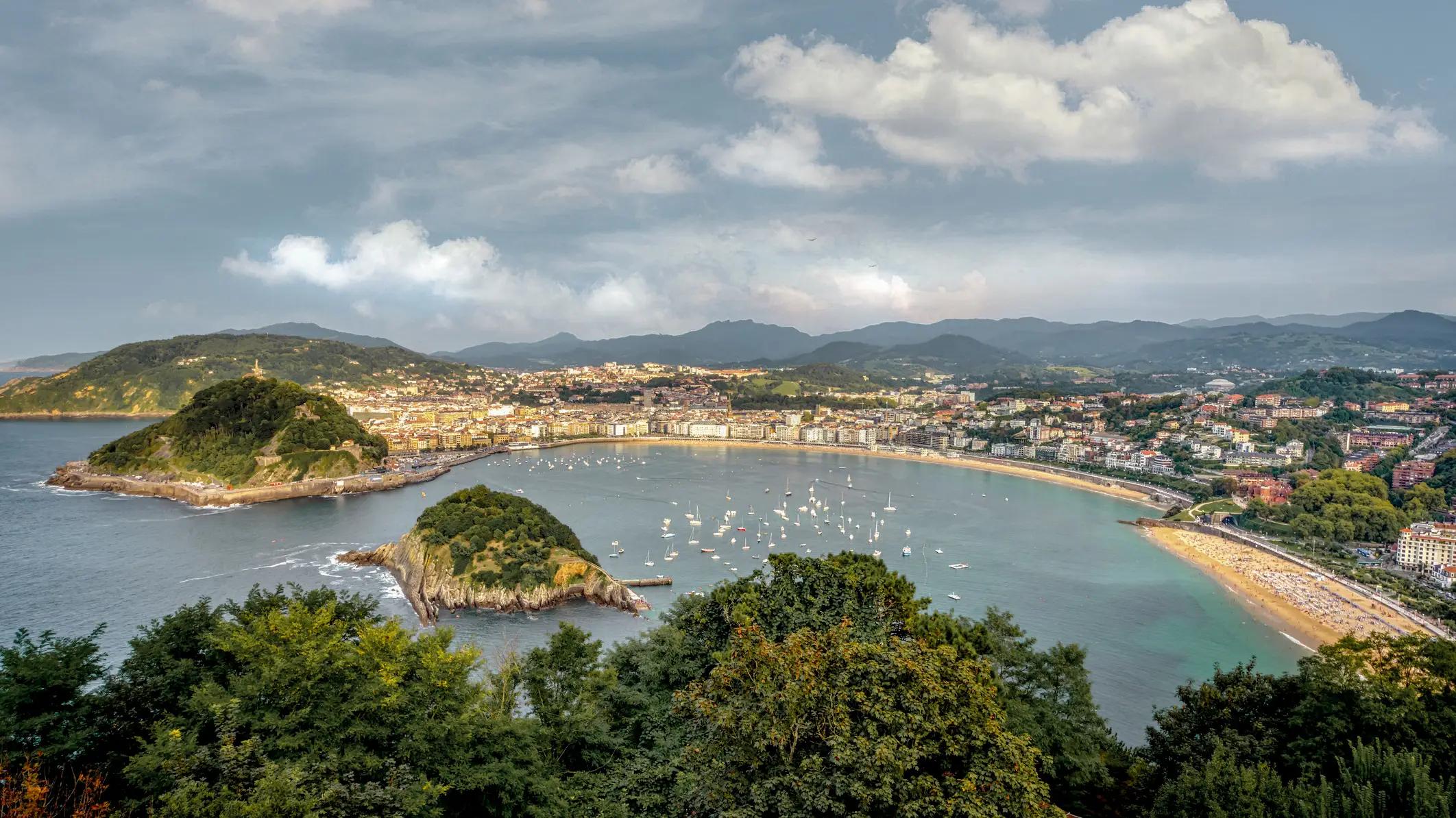
You can't visit San Sebastián without admiring La Concha, a crescent-shaped expanse of sand that stretches to the northwest of the city and is one of the best urban beaches in Europe.
The 1.3 km long, golden sandy beach is located near the city center and is a popular spot for swimming, sunbathing and surfing among locals and travelers alike. Stroll along the Victorian promenade, watch the sunset and experience the famous gastronomic scene. There are seven three-Michelin-star restaurants in Spain, three of which are in San Sebastián, and the old town is full of pintxo bars with counters brimming with tasty morsels.

Mallorca is a destination that should not be missed by historians, sailors, beach lovers and those who want to experience the impressive city life. The island's capital, Palma de Mallorca, also has something for everyone - and the Cathedral of Santa Maria de Palma is a particular landmark of the Balearic island.
This Gothic Roman Catholic cathedral, also known as the 'Cathedral of Light', impresses visitors not only with its fascinating past, but also with its impressive features. The church boasts a massive rose window with more than 1,200 pieces of colored glass assembled into patterns and floral ornaments, as well as an impressive central nave that is one of the tallest in Europe.
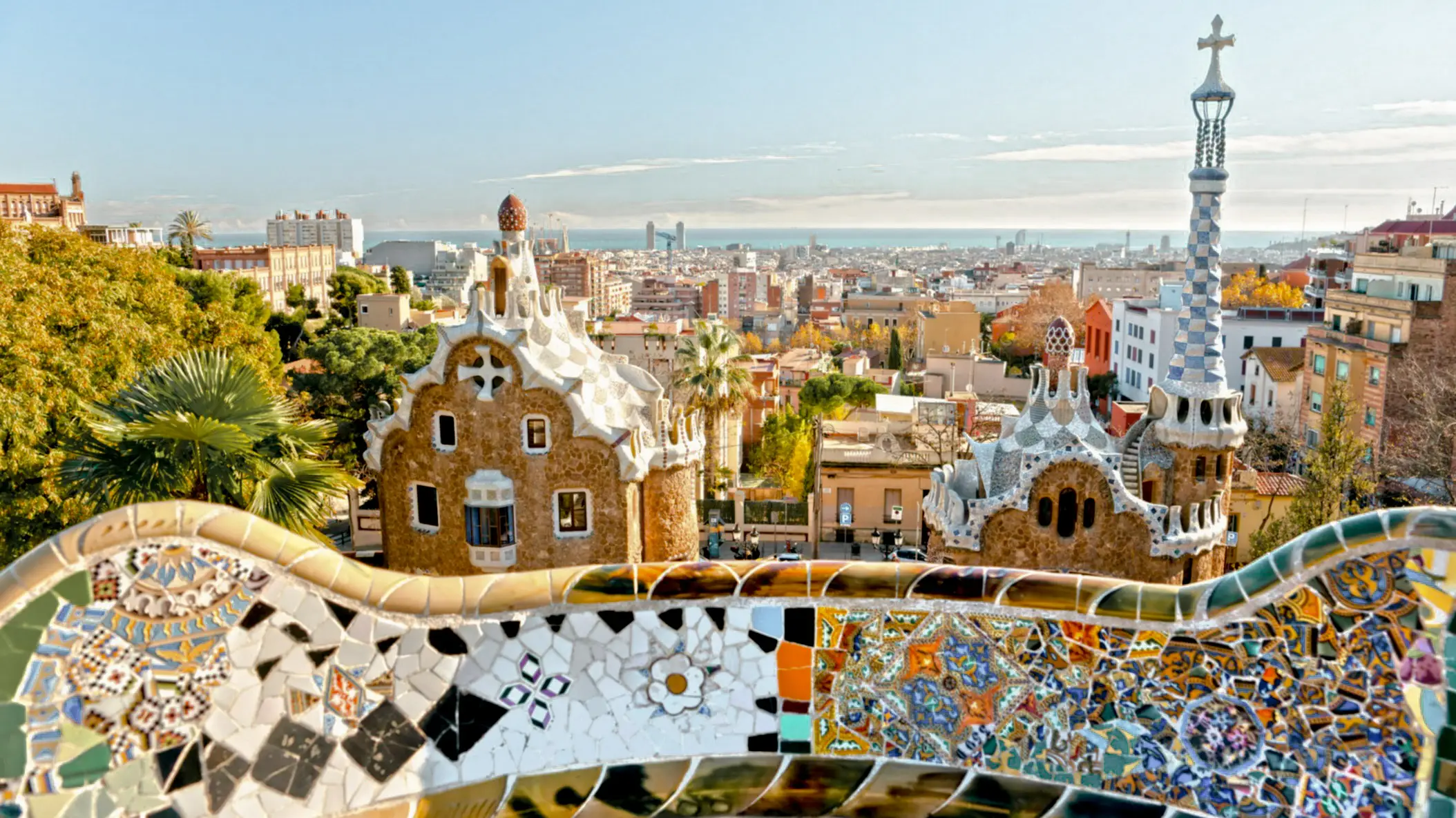
Park Güell has become one of Antoni Gaudí's most famous and iconic landmarks. If you are a fan of aesthetics and modern architecture, this place is definitely worth a visit.
Located at the top of Carmell Hill and surrounded by an emerald green forest, the park welcomes visitors with its sinuous and flowing structures, reminiscent of the shapes of nature, and its multicolored tile mosaics. From here you can also enjoy a wonderful view of Barcelona - get a great overview of the city's buildings, including Gaudí's other masterpiece - the Sagrada Família.
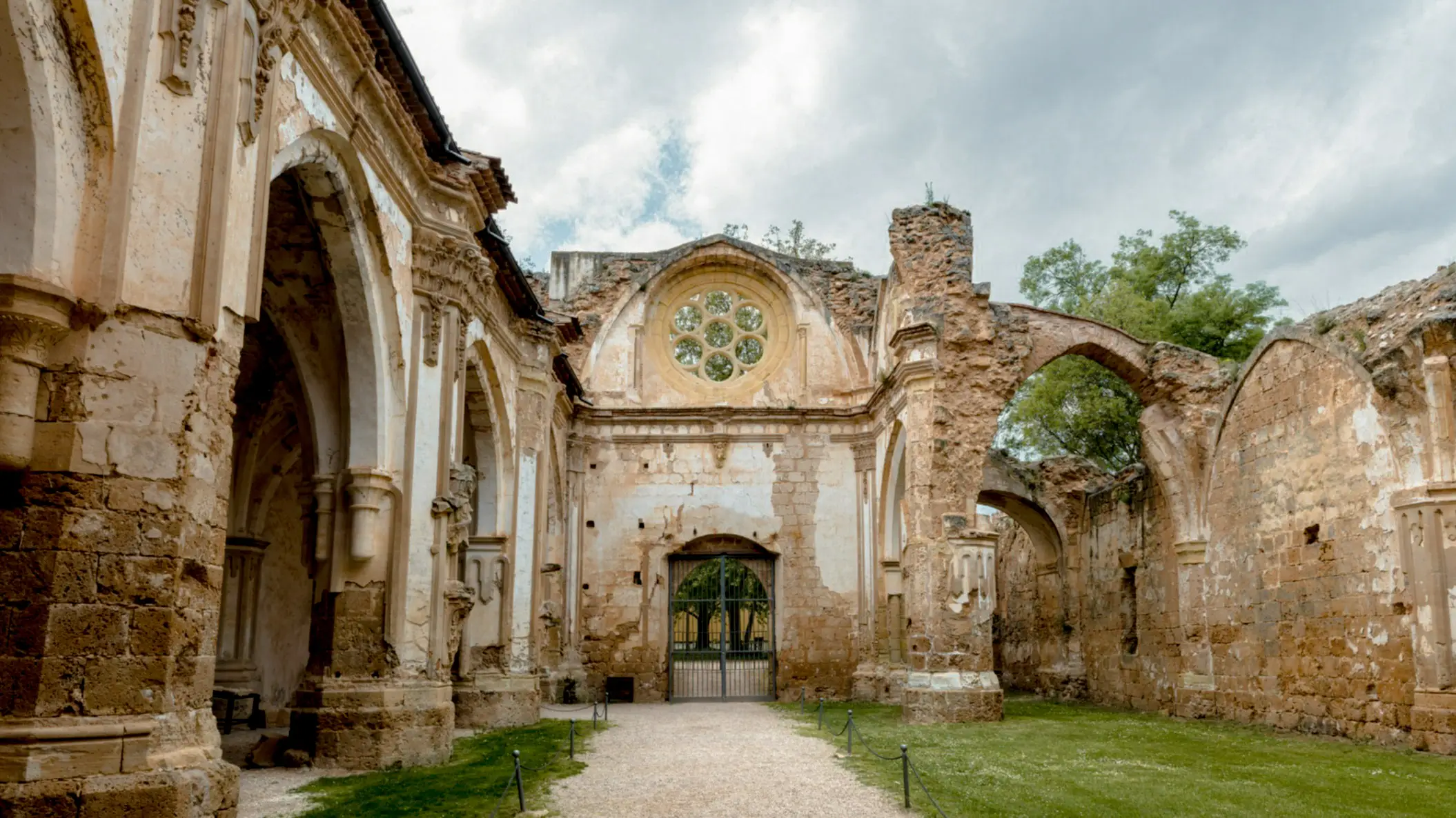
Nature lovers looking for an outdoor adventure in Spain should not miss a visit to the Monasterio de Piedra (stone monastery). Explore the old monastery ruins in the gorge of the Río Piedra and make your way past the gardens and orchards into the impressive surrounding forests.
You will soon understand why the Cistercian monks lived in this tranquil paradise for six centuries. This lush natural park in the Iberian System near Zaragoza is home to a series of sparkling waterfalls, dreamy rock formations, hidden caves, a garden, a mirror lake and an above-ground monastery with more than 800 years of history.






















